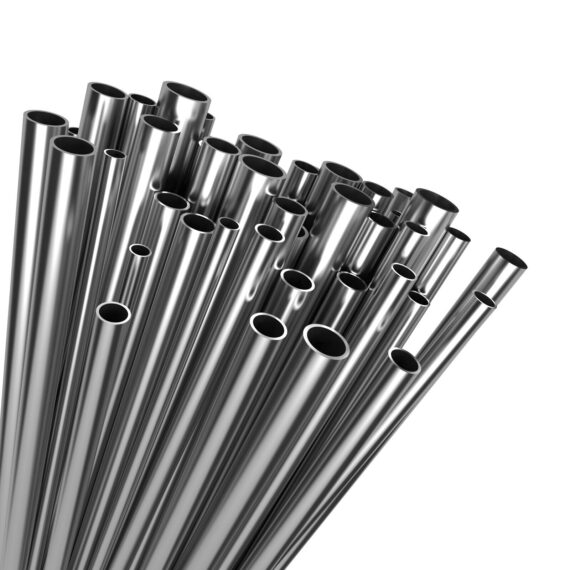Nickel Alloys: Versatile Engineering Materials
Nickel alloys are a class of versatile engineering materials that have superior corrosion resistance, high strength and hardness at both ambient and elevated temperatures. Let us take a closer look at these alloys and explore their compositions, properties and wide-ranging industrial applications.
Composition and Properties
Nickel alloys contain nickel as the primary alloying element along with other metals like chromium, molybdenum, copper, cobalt and iron. The proportions of these alloying elements determine the overall chemical composition and resulting properties of the alloy. Some common nickel alloys include Hastelloy, Inconel, Monel and Nimonic alloys.
The addition of chromium to nickel improves its corrosion resistance significantly. Nickel-chromium alloys like Hastelloy and Inconel exhibit excellent corrosion resistance in many aggressive environments like seawater, acids and industrial chemicals. Molybdenum improves high temperature strength and creep resistance of nickel alloys. Copper enhances strength while cobalt raises strength, hardness and corrosion resistance.
Nickel alloys offer a unique combination of properties that make them suitable for tough application conditions. They retain high strength even at elevated temperatures up to 900°C. They also have good formability and weldability. Most nickel alloys are non-magnetic and have low thermal and electrical conductivity. Their corrosion resistance is excellent against a wide variety of corrosive mediums.
Industrial Applications
Due to their versatile properties, nickel alloys find widespread application across many industries including oil and gas, chemical processing, marine, power generation and aerospace.
Oil and Gas Industry
In the oil and gas industry, Hastelloy and Inconel alloys are extensively used to manufacture valves, heat exchangers, pumps, liners and other critical process equipment. Their superb resistance to acids, petroleum products and seawater enables long service life in offshore platforms, oil rigs and refineries.
Chemical Processing Industry
The chemical processing industry relies on nickel alloys for reactors, tanks, pipes, fittings and other equipment that handles corrosive chemicals and high purity products. The resistance of these alloys to acids, alkalis and organic chemicals enables safe processing of chemicals.
Marine Industry
Nickel alloys are commonly used in marine applications like ships, submarines and offshore structures. Seawater and marine environment poses challenges like cavitation erosion, galvanic corrosion and microbiologically induced corrosion. Monel and other nickel-copper alloys offer excellent corrosion resistance for propellers, hulls and piping systems.
Power Generation Industry
Thermal and nuclear power plants utilize nickel alloys like Inconel for high pressure steam turbines, boiler tubes and exhaust manifolds where they withstand high steam temperatures and pressure. Their strength and creep resistance at high temperatures make them suitable for this application.
Aerospace Industry
Superalloys with chromium, cobalt, molybdenum and other alloying elements provide extraordinary high strength and creep resistance up to 1000°C. Turbine blades, discs and combustion liners in jet engines are made from advanced nickel superalloys like Inconel. Their high performance enables more fuel efficient aircraft engines.
Outlook
With continually evolving requirements in sectors like oil extraction, power generation and aerospace, the need of materials with improved properties is paramount. Nickel alloys will continue to play a strategic role as engineering materials that can sustain in harsh and high temperature environments better than any other class of alloys. Ongoing research aims at developing new nickel alloys with enhanced corrosion resistance, higher creep strength and lighter composition for the future.
Note:
1. Source: Coherent Market Insights, Public sources, Desk research
2. We have leveraged AI tools to mine information and compile it

